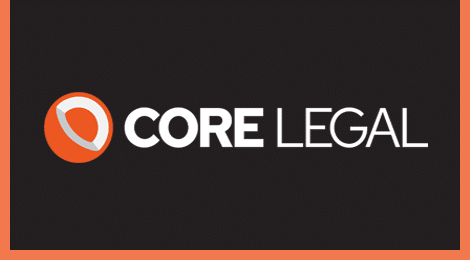Establishing an Enduring Power of Attorney (EPOA) is an essential step in futureproofing your personal and financial affairs. However, even minor errors in the process can render your EPOA invalid—leading to costly, time-consuming legal proceedings if you later lose mental capacity.
At Core Legal, with offices in Masterton and Wellington, we frequently advise clients on how to correctly establish an EPOA and avoid legal and procedural mistakes that can jeopardise their intentions.
📑 What is an Enduring Power of Attorney (EPOA)?
An EPOA allows you (the Donor) to appoint someone you trust (your Attorney) to make decisions on your behalf regarding personal care and welfare, property, or both. This legal document is crucial in the event you become mentally incapable of managing your affairs.
But without careful execution, your EPOA may not take effect when needed. Here’s a real-life example:
A father appointed his son (living overseas) as his Attorney under an EPOA. However, the son never signed the document. When the father lost capacity, the unsigned EPOA was invalid, and the family had to apply to the Court for a Property Manager—a lengthy and expensive process that could have been avoided.
⚠️ Key Issues to Avoid When Creating Your EPOA
1. Correct Witnessing of the Donor’s Signature
The Donor’s signature must be witnessed by an authorised witness—usually a lawyer, legal executive, or trustee corporation employee. The witness must also complete a legal certificate confirming the Donor understands the implications of the EPOA.
All appointed attorneys and their successors must sign the same original EPOA document. Their signatures must be witnessed by an independent adult, not related to the Attorney or Donor, and not living at the same address.
3. Dating the Document
The EPOA must be fully signed and dated by all parties to become legally valid. If any part remains unsigned or undated when the Donor loses capacity, the EPOA cannot be used—leaving families to go through the courts.
4. Avoiding Delays
Where possible, ensure the Attorney signs the document promptly after the Donor. If signed on different dates, there’s a risk the process is never completed before the Donor’s capacity is lost.
5. Using the Original Document
The original, fully signed document must be used. While signing by email or using copies was temporarily permitted during the pandemic, this is no longer valid unless the EPOA was executed during that time.
🧑⚖️ Legal Advice is a Legal Requirement
Obtaining legal advice when setting up your EPOA isn’t just smart—it’s a requirement. A lawyer can explain your rights, the role of the Attorney, and help ensure every signature and witness is legally compliant.
💬 Speak to Core Legal Today
Whether you’re establishing an EPOA for yourself or assisting a family member, we’re here to help you get it right the first time. Core Legal offers fixed-fee consultations from our Masterton and Wellington offices to guide you through the process cost-effectively.
📞 Contact Core Legal today to ensure your Enduring Power of Attorney is valid, enforceable, and ready when your family needs it most.


